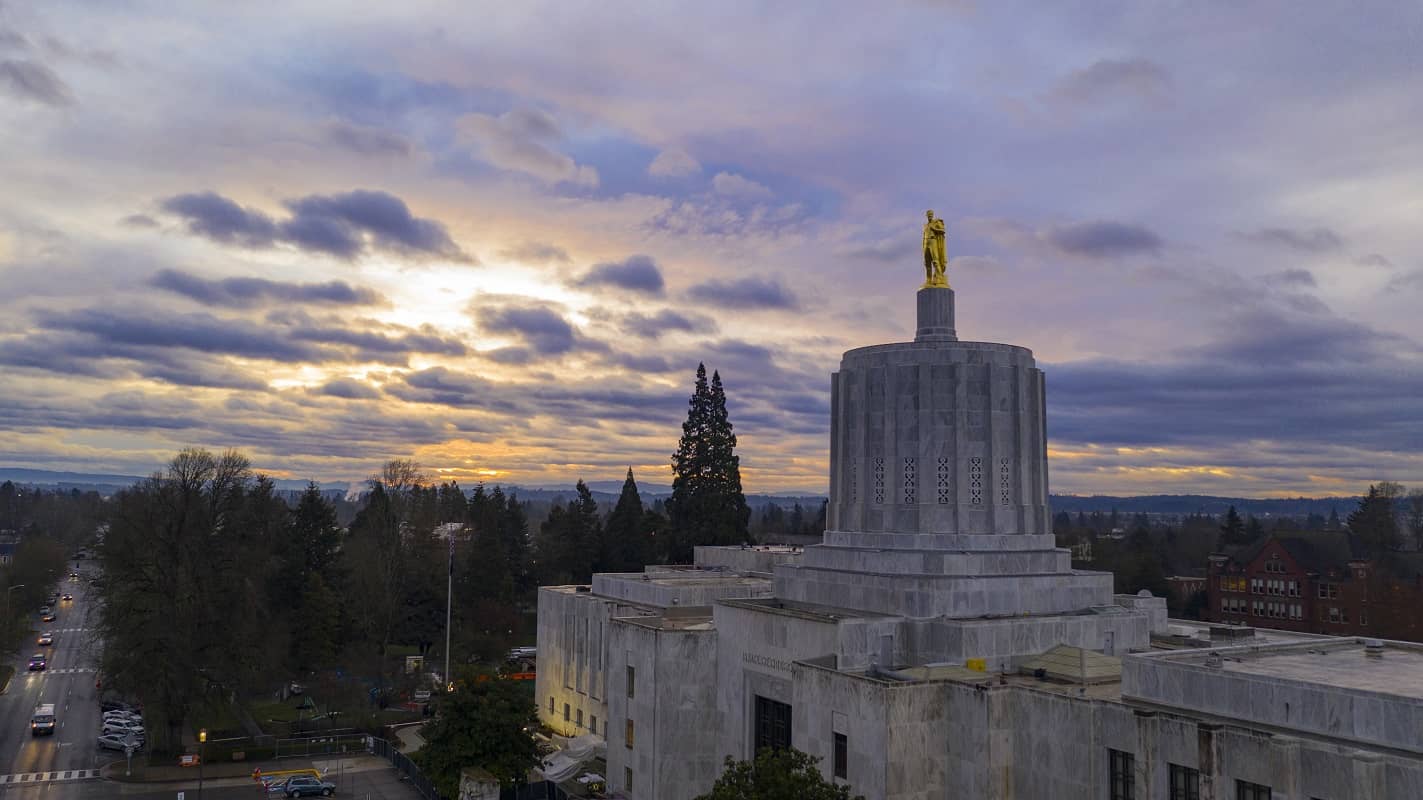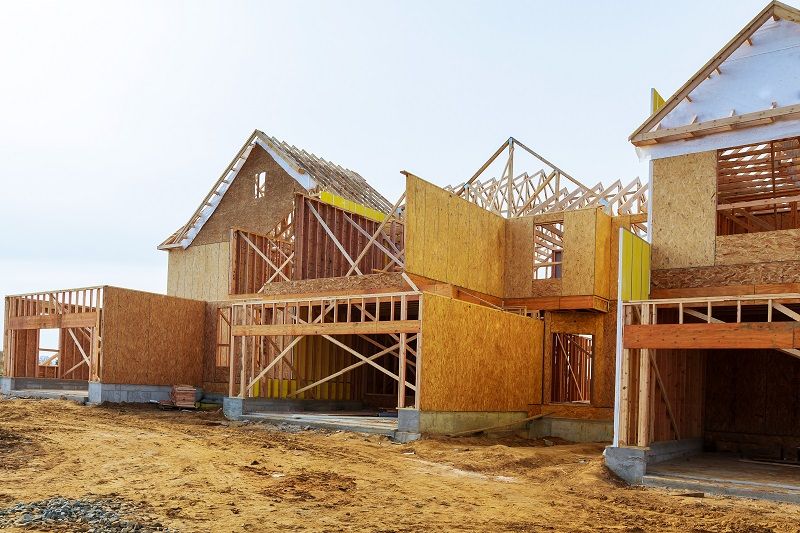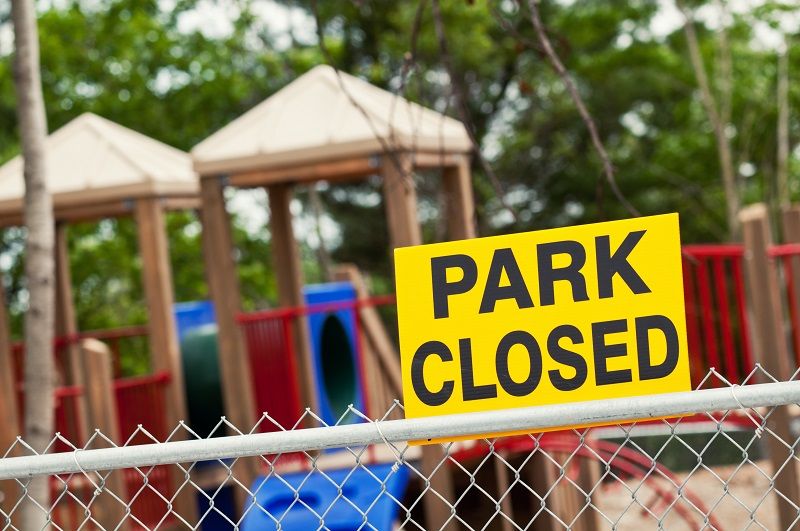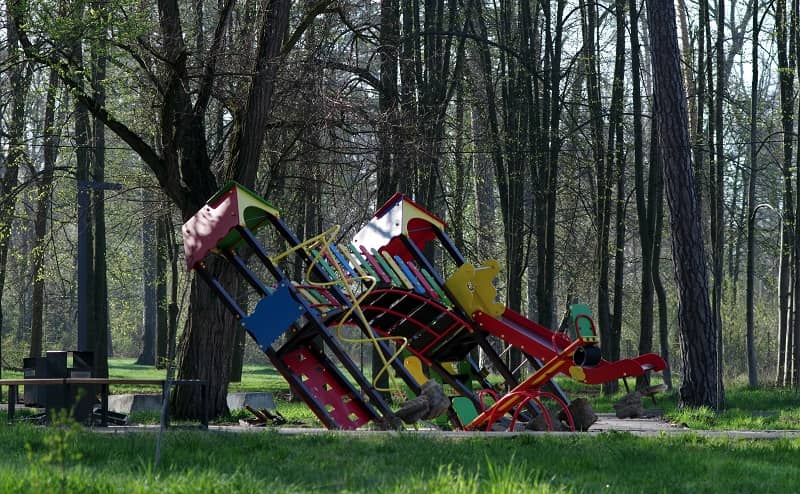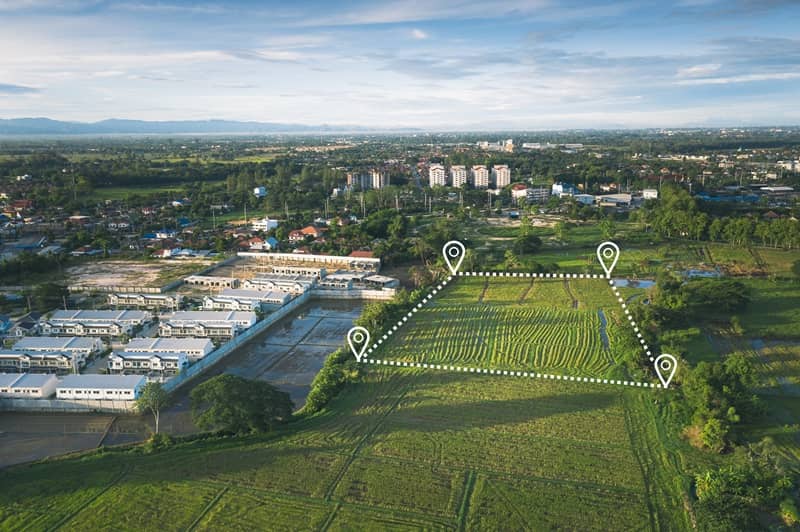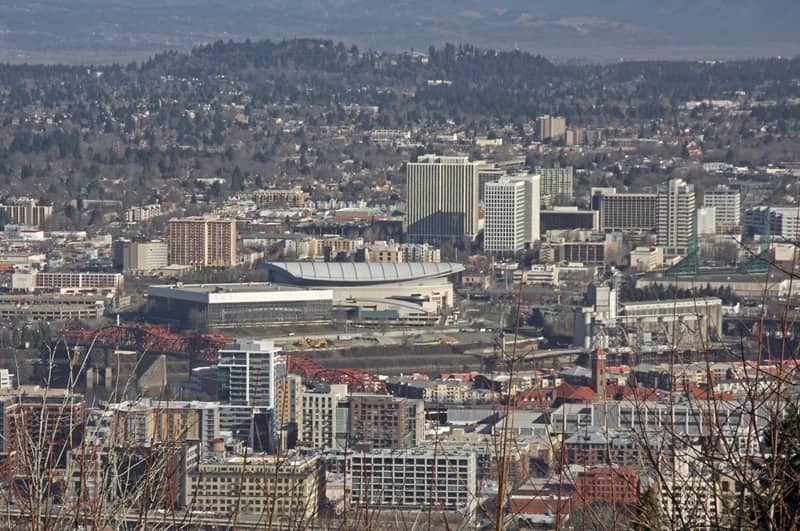By Daniel A. Himebaugh
Is rain in the woods the equivalent of hazardous waste? The answer might seem obvious, but the question is one that the U.S. Supreme Court will answer soon, in the case of Georgia-Pacific West v. Northwest Environmental Defense Center.
The environmental organization Northwest Environmental Defense Center sued Oregon state officials and several timber companies in 2006, seeking to require them to obtain federal Clean Water Act permits before using or authorizing the use of forest roads. NEDC won at the 9th U.S. Circuit Court of Appeals in 2011 by convincing the court that rainwater flowing through forest road ditches must be treated as industrial pollution that requires a federal permit.
In briefs with the Supreme Court, timber harvesters argue that requiring Clean Water Act permits for forest road runoff would do little to improve the environment, but would greatly harm logging in the United States.
Indeed, expanding federal Clean Water Act authority to cover forest road runoff makes no sense if the objective is to improve water quality. A new permitting regime would interfere with state programs that are already being enforced.
At last count, there were more than 150 state laws designed to prevent logging from becoming a major source of water pollution. According to a study made available by the U.S. Forest Service, such regulation is effective because it fosters flexibility, avoids impractical one-size-fits-all restrictions, and improves compliance.
Furthermore, federal permitting will create tremendous new costs. As the Supreme Court noted in 2006, the cost required at that time to obtain Clean Water Act “dredge and fill” permits was staggering―$271,596 for an individual permit. Similar costs would apply to as many as 5 million landowners if the court accepts the idea that forest road runoff requires a Clean Water Act permit. Big operations that can afford it will pay (and pass the cost on to consumers). Many small operations―which make up the majority of forest land owners―simply will not be able to pay.
Regulating forest road runoff under the Clean Water Act will also lead to intolerable delay. A few years ago, EPA was forced as a result of litigation to create a rainwater permitting program for shipping vessels. EPA needed over two years to get the program up and running, and that program has a much smaller scope than a program covering forest roads would have.
How long would it take the agency to develop a program for forest roads? Nobody knows, but one thing is certain: Any delay in developing a new program would harm timber harvesters, confronting them with a brutal choice. If they continued using forest roads, they would run the risk of becoming a defendant in a Clean Water Act lawsuit. But no longer using forest roads would mean abandoning their livelihoods.
The right path for the Supreme Court should be clear: The justices should consider the destructive effects of treating forest road runoff as industrial pollution under the Clean Water Act, and reject NEDC’s claims when they rule on Georgia-Pacific West v. NEDC.
Daniel A. Himebaugh is an attorney with Pacific Legal Foundation in Bellevue, Washington. He represented over a dozen timber industry, conservation, and educational organizations in filing a friend-of-the-court brief urging the U.S. Supreme Court to reverse the 9th Circuit’s decision in the Georgia-Pacific West case. Himebaugh is a guest contributor for Cascade Policy Institute, Oregon’s free market research center. A version of this article was originally published by The Capital Press, October 2012.
